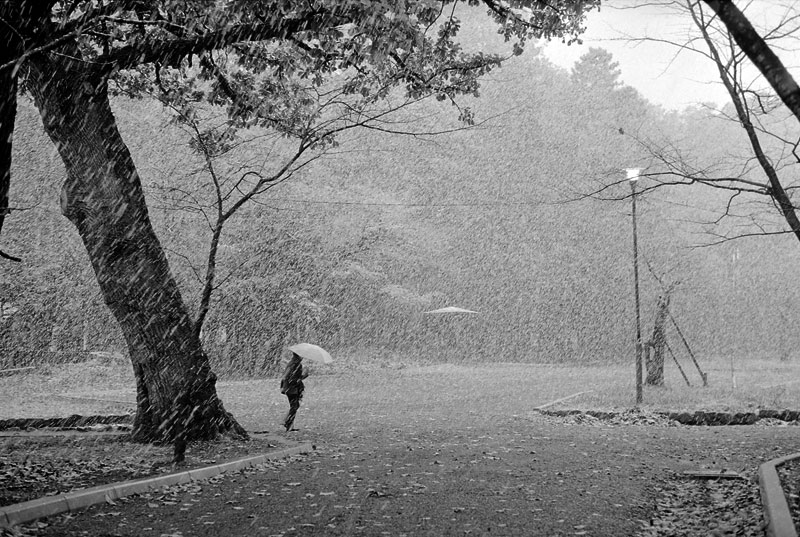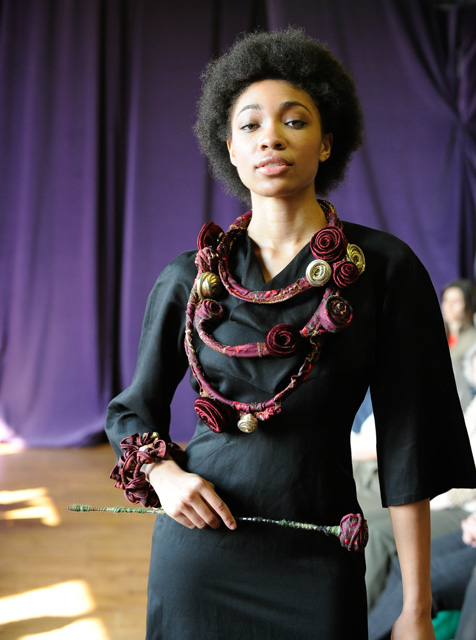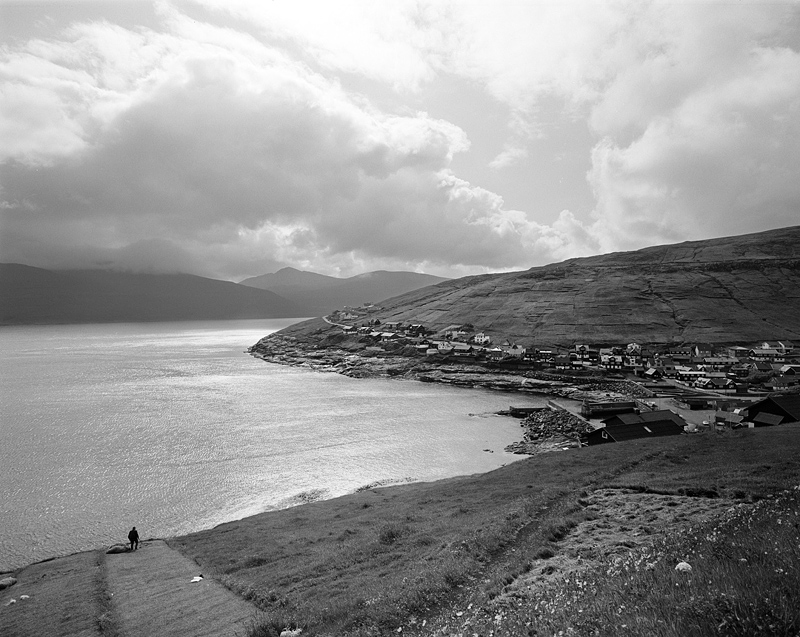Towert7
Headphoneus Supremus
- Joined
- Aug 31, 2005
- Posts
- 5,853
- Likes
- 39
Quote:
Sorry Overlord, but you are starting to show your age and/or ignorance.
Digital is vastly superior for some people, myself included. I'm surprised you can't see that.
If I spent 8$ for a roll of film (or slides), and 8$ to develop that roll, I would have spent over 3333$us on film/developing costs alone. Many of which would be totally pointless prints/negatives because I'm still learning. That 300$ price premium I paid to buy a DSLR vs. SLR was more than worth it for the money I saved in developing / film costs. You didn't consider this?
Being poor, with digital I don't have to worry about making that one shot count. I can take a few shots to help insure I get at least one that came out nice. I'm surprised you never thought of this.
I also feel more free to experiment with some silly and often times stupid ideas. Many of them never turn out nice, but it helps me progress as a photographer. Would I do that same if I was strapped for money and using film? No.
Loading film / slides is a pain in the arss, especially when a lot of action is happening at once. Even with 2 cameras slung around yourself, you'll be wasting a fair amount of time changing film. I'm doubly surprised you didn't consider this.
Why didn't you consider these wonderful points? Any sane person having known full well these benefits of digital would never make such a foolish statement saying film is better. Of course it's not better! They both have their pros and cons. Can't you see that! Life is usually not black and white. There are many subtleties and gradations.
Wow, some people................
| Originally Posted by OverlordXenu /img/forum/go_quote.gif I mean, really...What an absolutely ignorant comment to make. |
Sorry Overlord, but you are starting to show your age and/or ignorance.
Digital is vastly superior for some people, myself included. I'm surprised you can't see that.
If I spent 8$ for a roll of film (or slides), and 8$ to develop that roll, I would have spent over 3333$us on film/developing costs alone. Many of which would be totally pointless prints/negatives because I'm still learning. That 300$ price premium I paid to buy a DSLR vs. SLR was more than worth it for the money I saved in developing / film costs. You didn't consider this?
Being poor, with digital I don't have to worry about making that one shot count. I can take a few shots to help insure I get at least one that came out nice. I'm surprised you never thought of this.
I also feel more free to experiment with some silly and often times stupid ideas. Many of them never turn out nice, but it helps me progress as a photographer. Would I do that same if I was strapped for money and using film? No.
Loading film / slides is a pain in the arss, especially when a lot of action is happening at once. Even with 2 cameras slung around yourself, you'll be wasting a fair amount of time changing film. I'm doubly surprised you didn't consider this.
Why didn't you consider these wonderful points? Any sane person having known full well these benefits of digital would never make such a foolish statement saying film is better. Of course it's not better! They both have their pros and cons. Can't you see that! Life is usually not black and white. There are many subtleties and gradations.
Wow, some people................


























